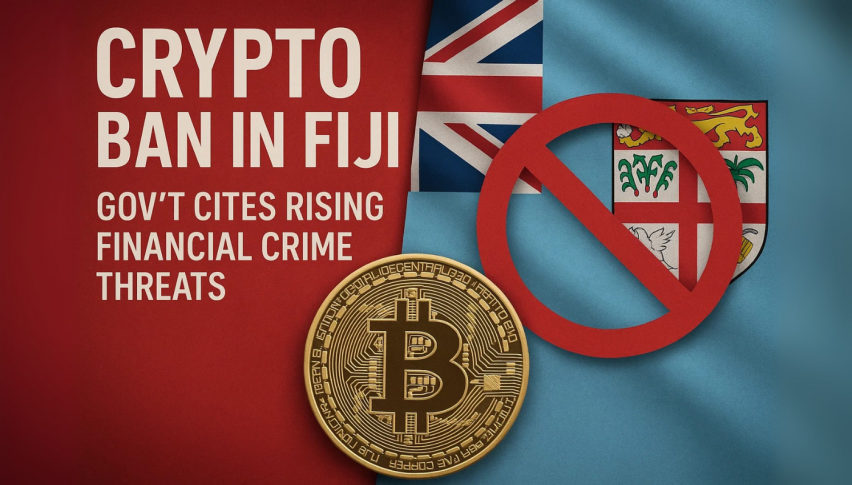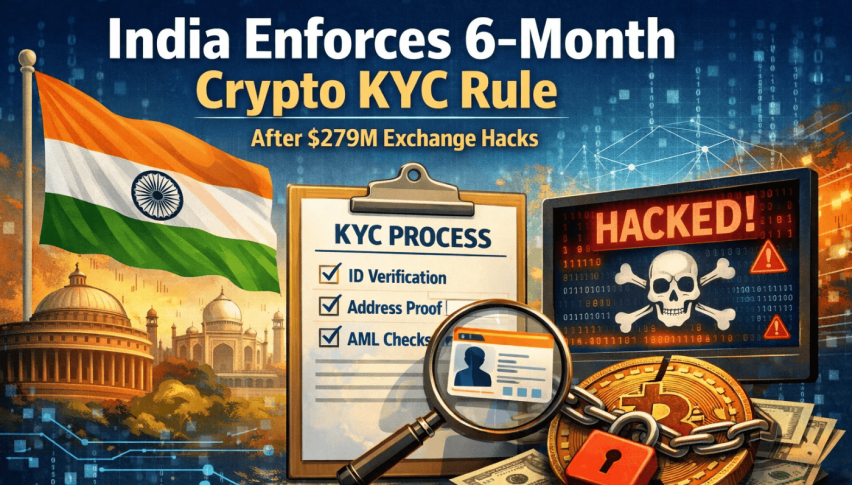Crypto Ban in Fiji: Gov’t Cites Rising Financial Crime Threats
Fiji’s National Anti-Money Laundering Council (NAML) has reaffirmed its ban on Virtual Asset Service Providers (VASPs)...

Quick overview
- Fiji's National Anti-Money Laundering Council has reaffirmed its ban on Virtual Asset Service Providers due to heightened risks of financial crime and national security.
- The council cites the decentralized and anonymous nature of cryptocurrencies as factors that make them vulnerable to money laundering and terrorist financing.
- NAML emphasizes that Fiji currently lacks the capacity to supervise virtual assets safely, making the ban a necessary measure for protecting the financial system.
- While the ban is firm, it is not permanent and will be reviewed as global standards and Fiji's regulatory frameworks evolve.
Fiji’s National Anti-Money Laundering Council (NAML) has reaffirmed its ban on Virtual Asset Service Providers (VASPs) citing increased risks to financial crime and national security. The decision is risk-based and in line with Financial Action Task Force (FATF) standards.
In its latest media release the council said that cryptocurrencies’ decentralized and anonymous nature makes them susceptible to money laundering, terrorist financing and proliferation financing. While acknowledging innovation in blockchain technology, NAML said these assets are highly vulnerable to misuse by criminal networks.
This is more than a year after Fiji’s central bank restricted residents from buying virtual assets and banned the use of local debit and credit cards for such transactions.
Security Risks
The council listed several ways virtual assets can threaten financial and national security:
Fiji reaffirmed its ban on crypto service providers, citing security and economic risks. This keeps Bitcoin exchanges and related businesses from operating in the country.
— Ox HaK (@oxhak) September 21, 2025
- Rapid, anonymous transactions: Channels to launder dirty money.
- Terrorism financing: Exploiting decentralized systems to evade detection.
- Proliferation risks: Funding weapons of mass destruction.
NAML said Fiji lacks the supervisory and enforcement capacity to safely supervise virtual assets. While some jurisdictions have regulatory frameworks, the council said without robust infrastructure regulation can expose Fiji to systemic risks.
Selina Kuruleca, chairperson of NAML and Permanent Secretary for Justice said the council’s priority is to protect Fiji’s financial system. She said the ban creates “a safe and transparent environment for legitimate investment and economic growth”.
Ban is Temporary
Although firm on the current stance, the council said the ban is not permanent. The policy will be reviewed as global standards evolve and as Fiji develops its technology and regulatory frameworks.
caution. In political crypto news, a new super PAC backed by industry leaders plans a $100 million push to elect pro-crypto U.S. candidates, raising alarms about big money in elections from watchdogs like CREW. Globally, Fiji reaffirmed its ban on crypto service providers citing
— sunday crypto news (@news_crpto20658) September 21, 2025
The council called the ban a “necessary and prudent measure” until the country has the tools to manage the sector responsibly.
NAML is a statutory body responsible for coordinating Fiji’s anti-money laundering and financial crimes efforts. Its members are:
- Governor of the Reserve Bank of Fiji
- Director of Public Prosecutions
- Commissioner of Police
- CEO of Fiji Revenue and Customs Services
- Director of the Financial Intelligence Unit
For now Fiji is the only jurisdiction to ban VASPs, others are regulating.
- Check out our free forex signals
- Follow the top economic events on FX Leaders economic calendar
- Trade better, discover more Forex Trading Strategies
- Open a FREE Trading Account


